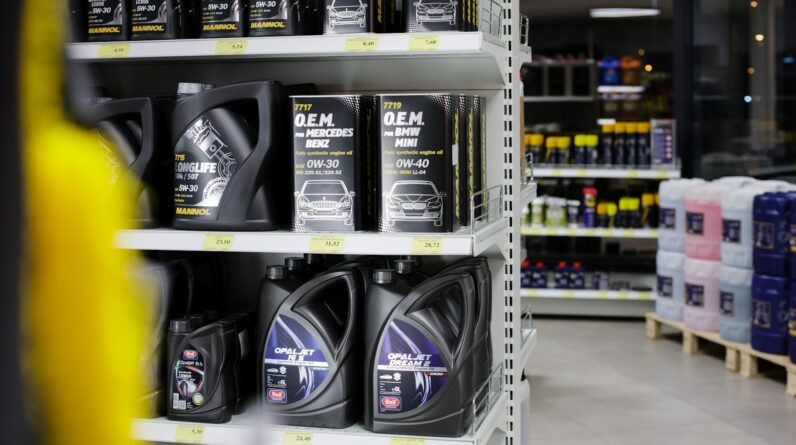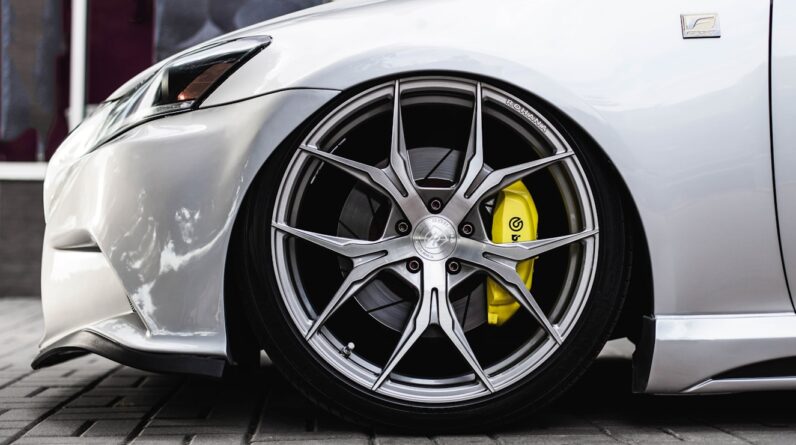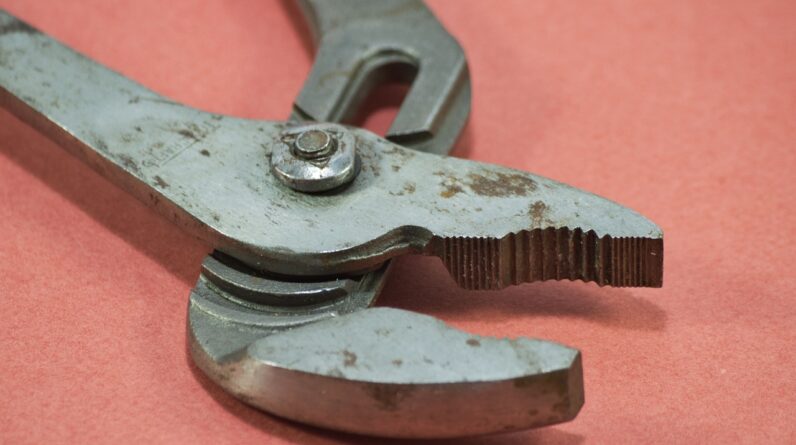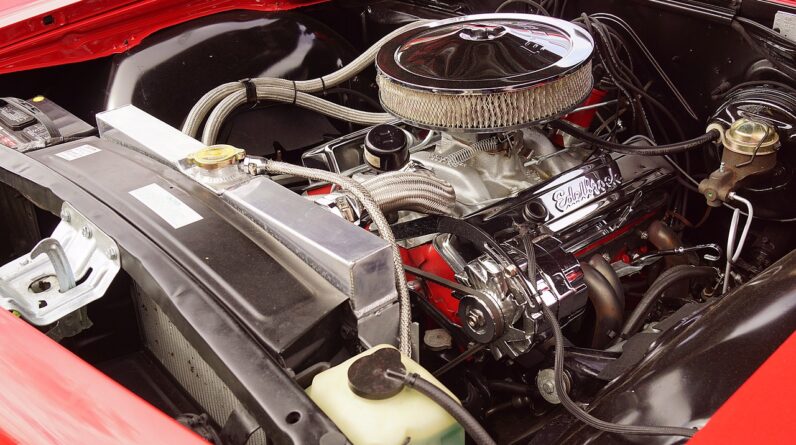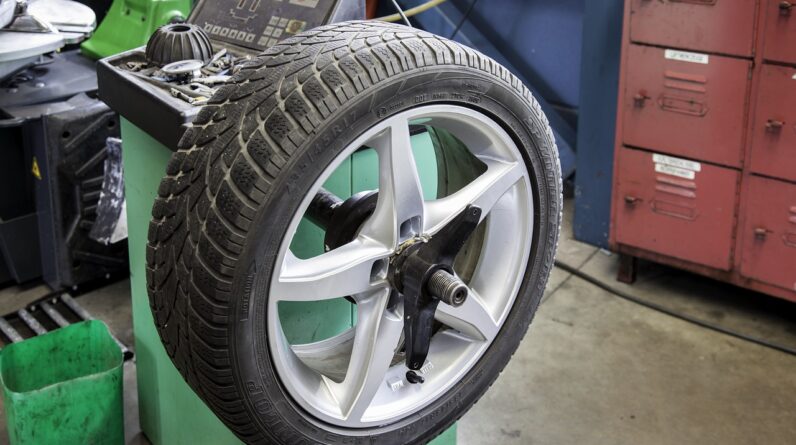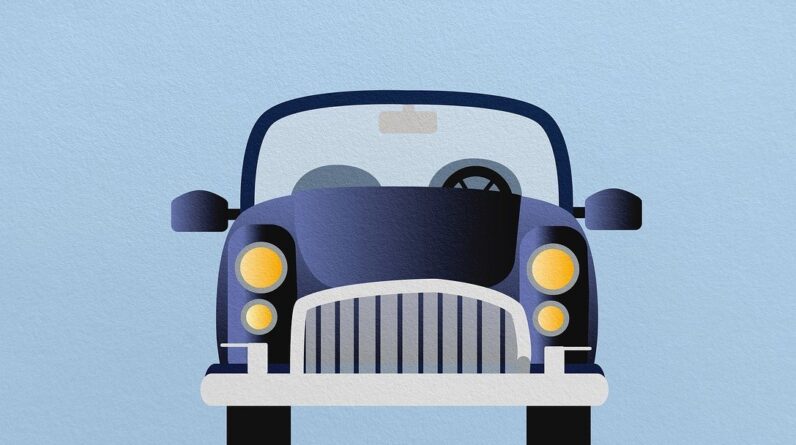
Discover expert tips for car repair on a budget! Learn DIY fixes, maintenance routines, and cost-saving strategies to keep your car running smoothly without breaking the bank.
Have you ever looked at a repair bill from your mechanic and thought, “There’s got to be a cheaper way to keep my car running?” I’ve been there, and let me tell you, there are many ways to maintain and repair your car without breaking the bank. In this article, I’ll share expert tips for car repair on a budget, from essential maintenance routines to affordable DIY fixes.
The Importance of Regular Maintenance
It may sound clichéd, but regular maintenance goes a long way in saving money on car repairs. When is the last time you checked your oil or rotated your tires? Skipping these seemingly minor tasks can lead to expensive repairs down the line.
Routine Checks
Performing routine checks on your vehicle can prevent larger issues from developing. Here’s a list of checks you should be performing:
| Component | Check Frequency | Description |
|---|---|---|
| Oil Level | Monthly | Ensure oil is at the appropriate level to prevent engine damage. |
| Tire Pressure | Monthly | Properly inflated tires extend tire life and improve fuel efficiency. |
| Coolant Level | Quarterly | Proper coolant levels prevent your engine from overheating. |
| Brake Fluid | Yearly | Ensures brakes function correctly, preventing accidents. |
Investing in Quality Parts
It may seem counter-intuitive, but sometimes spending a little extra upfront can save you money in the long run. Quality parts last longer and function better, reducing the need for frequent replacements and repairs.
Learning to DIY
Taking the DIY route can significantly cut down your repair expenses. While not everything can be done in your garage, a surprising number of repairs are well within reach if you’re willing to get your hands dirty.
Starter Projects
If you’re new to DIY car repairs, start with projects that are straightforward and require minimal tools. Some great beginner projects include:
- Oil Changes: All you’ll need is fresh oil, an oil filter, a wrench, and a drain pan. Follow your car’s owner manual for specific instructions.
- Air Filter Replacement: Usually, no tools are needed. Just remove the old filter and pop in a new one.
- Windshield Wiper Replacement: This is as simple as releasing the old wipers and snapping the new ones into place.
Online Resources
There’s an abundance of free information available. Sites like YouTube and car forums provide step-by-step guides and video tutorials for almost any car repair imaginable.

Knowing When to Seek Professional Help
As much as we’d all like to handle things ourselves, some repairs require a professional’s expertise. Understanding your limits and knowing when to hand it off to a pro is crucial.
Major Repairs
If your car is dealing with serious issues like transmission troubles or engine problems, it’s best to consult a mechanic. These areas are complex and require specialized tools and knowledge.
Choosing the Right Mechanic
Not all mechanics are created equal. Finding a trustworthy and skilled mechanic can save you money in the long term. Look for mechanics with good reviews and ask friends or family for recommendations.
Cost-Saving Tips at the Mechanic
Even when you need a professional, there are ways to keep costs down.
Get Multiple Estimates
Don’t settle for the first quote you receive. Shop around and get multiple estimates. This not only helps you find the best price but also gives you an idea of what’s a fair rate for the repair.
Supply Your Own Parts
Some mechanics allow you to bring your own parts. Doing so can save you significant money, especially if you can source them cheaper online or from a parts store.

Understanding Warranty and Insurance
Knowing what your car warranty and insurance cover can also save you money on repairs. Many warranties cover more than you might think, and insurance can sometimes include repair services.
Warranty Coverage
Read through your car’s warranty carefully. Some parts and services might still be under warranty, which means you won’t have to pay out-of-pocket for repairs.
Insurance Perks
Check with your car insurance provider to see if they offer any lease-repair services. Some insurance companies provide coverage for minor repairs as part of their benefits package.
Becoming Friends with Preventive Measures
Preventive measures can stave off more costly repairs. Simple things you can do include parking your car in the shade to avoid UV damage, cleaning your vehicle regularly to prevent rust, and using your parking brake to reduce strain on the transmission.
Lubrication
Greasing parts like door hinges and latches can prevent wear and damage that might lead to pricier fixes later on.
Rust Prevention
Applying a rust prevention spray can protect the undercarriage and other vulnerable areas of your vehicl from corrosion.

Economical Tools and Garage Gear
Having the right tools is half the battle when it comes to DIY car repair. You don’t need a professional’s toolchest. There are some essential, cost-effective tools that every DIYer should have.
Basic Tool Kit
You won’t need every tool under the sun, but a basic toolkit should include:
- Socket set
- Screwdrivers (flathead and Philips)
- Wrench set
- Pliers
Auto Repair Manual
A repair manual specific to your car model can be invaluable. These manuals provide detailed diagrams and step-by-step guides for repairs.
Buying Used or Re-manufactured Parts
If you need to replace parts, consider buying used or re-manufactured ones. They’re considerably cheaper than brand-new parts and can often be just as good.
Where to Buy
Places to consider for purchasing used or re-manufactured parts include:
- Junkyards
- Online marketplaces like eBay or Craigslist
- Local auto part stores with re-manufactured sections
Evaluating Quality
When buying used parts, ensure they’re in good condition. Look for parts with low wear and tear and ask about any warranties these parts might come with.
Mastering the Art of Negotiation
Don’t underestimate the power of negotiation. Whether buying parts or paying for services, a bit of haggling can save you significant amounts.
Tips for Effective Negotiation
- Do Your Research: Know the going rate for the service or part.
- Stay Polite: A friendly approach is more likely to yield positive results.
- Bundle Services: Ask for a discount if you’re getting multiple services done at once.
- Cash Payment: Some shops might give you a discount for paying in cash to avoid credit card fees.
The Hidden Costs of Ignored Problems
Ignoring minor problems can lead to bigger, costlier issues later on. That tiny noise under the hood might seem insignificant now, but it could indicate a serious problem in the making.
Red Flags
Some common red flags to watch out for include:
- Warning Lights: Don’t ignore dashboard warning lights. Address them promptly.
- Strange Noises: Any unfamiliar noise should be investigated.
- Fluid Leaks: Leaks can be a sign of a bigger problem. Take them seriously.
Community Resources and Local Classes
Many communities offer free or affordable classes on car maintenance and repair. Check with local community centers, vocational schools, or even car clubs.
Benefits of Community Learning
- Hands-On Experience: Learn by doing, under the guidance of an expert.
- Networking: Connect with others who share your interest, which can lead to shared tips and resources.
- Cost-Effective: Often cheaper than professional courses, these classes can be a great way to gain valuable skills without a hefty price tag.
Eco-Friendly and Budget-Friendly Practices
Going green isn’t just good for the planet; it can also save you money. Practices such as recycling parts and using eco-friendly products can ease your wallet as well as your conscience.
Recycling Parts
Before buying new, see if you can recycle or refurbish existing parts. For instance, tire retreading can extend the life of old tires.
Eco-Friendly Products
Use environmentally safe products for cleaning and maintenance. These products are often cheaper and better for your car in the long run.
Fuel Efficiency Tips
Improving your car’s fuel efficiency can reduce the amount of money you spend on gas. Simple maintenance and driving habits can make a big difference.
Maintenance for Fuel Efficiency
Regular maintenance such as changing your air filter and keeping your tires properly inflated can improve your car’s fuel efficiency.
Driving Habits
Adopt driving habits like smooth acceleration and braking to optimize fuel usage. Avoiding excessive idling and using cruise control on highways can also save gas.
Budgeting for Car Repairs
Creating a budget specifically for car repairs can help you manage unexpected expenses. Setting aside a small amount each month can build a fund to cover future expenses.
How to Create a Repair Fund
- Identify Average Costs: Research the cost of common repairs for your car model.
- Set a Monthly Contribution: Based on your research, decide how much to put aside each month.
- Use High-Yield Savings: Place your fund in a high-yield savings account to earn interest while you save.
Emergency Fund
In addition to a repair fund, having an emergency fund can provide peace of mind. This can help cover any unexpected expenses that exceed your regular repair budget.
Car Repair and Maintenance Apps
There are many apps available that can help you keep track of your car’s maintenance schedule, diagnose problems, and even find the best deals on parts and services.
Recommended Apps
- My Car Maint.: Keeps track of your car’s maintenance schedule and reminds you of upcoming services.
- OBD Auto Doctor: Connects to your car’s OBD-II port and helps diagnose issues.
- RepairPal: Provides cost estimates for repairs and helps you find trustworthy mechanics.
Conclusion
There are numerous ways to keep your car running smoothly without spending a fortune. By adopting regular maintenance habits, tackling DIY repairs, sourcing affordable parts, and learning when to call in a professional, you can maintain your vehicle on a budget. Use the tips from this article as a guide, and you’ll find that keeping your car in top shape can be both affordable and rewarding. Happy driving!


